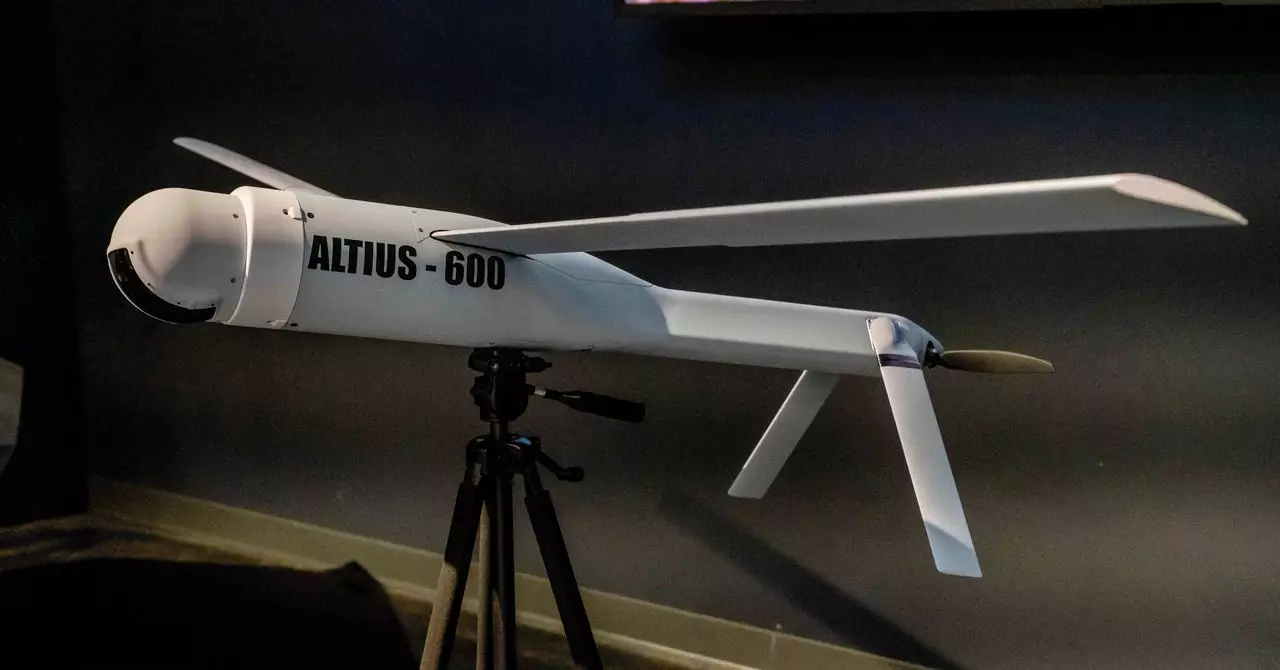The landscape of artificial intelligence (AI) is shifting dramatically as OpenAI, famous for its generative AI models like ChatGPT, forges a new relationship with Anduril, a burgeoning defense technology startup. This partnership not only signifies a pivotal moment for both organizations but also reflects a broader trend in Silicon Valley where technology companies are increasingly intertwining their futures with the defense sector. This convergence raises important questions regarding the ethics of AI application in military settings and how these technologies may alter the way conflicts are managed.
OpenAI’s mission articulates a commitment to the responsible development of AI technologies that enrich society while adhering to democratic frameworks. Sam Altman, the CEO of OpenAI, emphasized that the technology must be leveraged to benefit people broadly, which ostensibly includes bolstering national security. With this partnership, OpenAI signals its intent to navigate the delicate balance between innovation and ethical responsibility. The collaboration aims to develop systems that enhance military efficiency while adhering to the company’s principles of accountability and public benefit. However, concerns arise about whether the drive for innovation may overshadow the importance of cautious implementation in volatile contexts.
The integration of OpenAI’s models into Anduril’s operations is expected to significantly enhance air defense capabilities. Brian Schimpf, Anduril’s CEO, indicated that AI will allow military personnel to achieve rapid and informed decision-making in high-stress scenarios. The software seeks to improve the assessment of drone threats, enabling military operators to respond to challenges with greater agility and effectiveness. For instance, the transition to using language models that can interpret and process natural language commands will revolutionize how operators interact with defense systems, potentially reducing miscommunication and errors during critical operations.
Despite the promises of AI-driven technologies, there is a palpable concern about reliance on autonomous systems in military contexts. While the current collaboration focuses on enhancing human operator capability, the gradual shift toward more dependent systems raises ethical questions regarding agency and accountability. The possibility of allowing drones to make autonomous decisions remains a contentious topic, particularly when the unpredictability of AI outputs is taken into account. The historical apprehension by AI researchers about collaborating with the defense sector serves as a backdrop to these discussions, urging a more cautious approach when integrating advanced technologies in such high-stakes scenarios.
The partnership comes on the heels of OpenAI modifying its policies concerning military applications, which stirred unease among its workforce. Sources revealed that while there was no overt backlash against the policy changes, the dissent within the ranks reflects an ongoing struggle within tech companies to reconcile profit-driven motives with ethical responsibilities. The previous protests by tech workers, particularly Google’s backlash over Project Maven, set a precedent for vocal opposition against military collaborations. OpenAI’s situation is indicative of a larger dialogue about corporate ethics in technology – a dialogue that companies must navigate sensitively as they engage in defense partnerships.
As OpenAI and Anduril embark on this collaborative journey, the implications for both the tech industry and defense sector are profound. It signifies not just a strategic alliance but also an invitation to critically analyze the role of AI in shaping future military capabilities. The challenge ahead lies in ensuring that this technological advancement adheres to ethical standards and democratic ideals. As the partnership progresses, it will be essential for stakeholders, including researchers, military personnel, and the public, to remain vigilant about the evolving landscape of AI in defense, ensuring that technological innovation does not come at the cost of ethical integrity.

